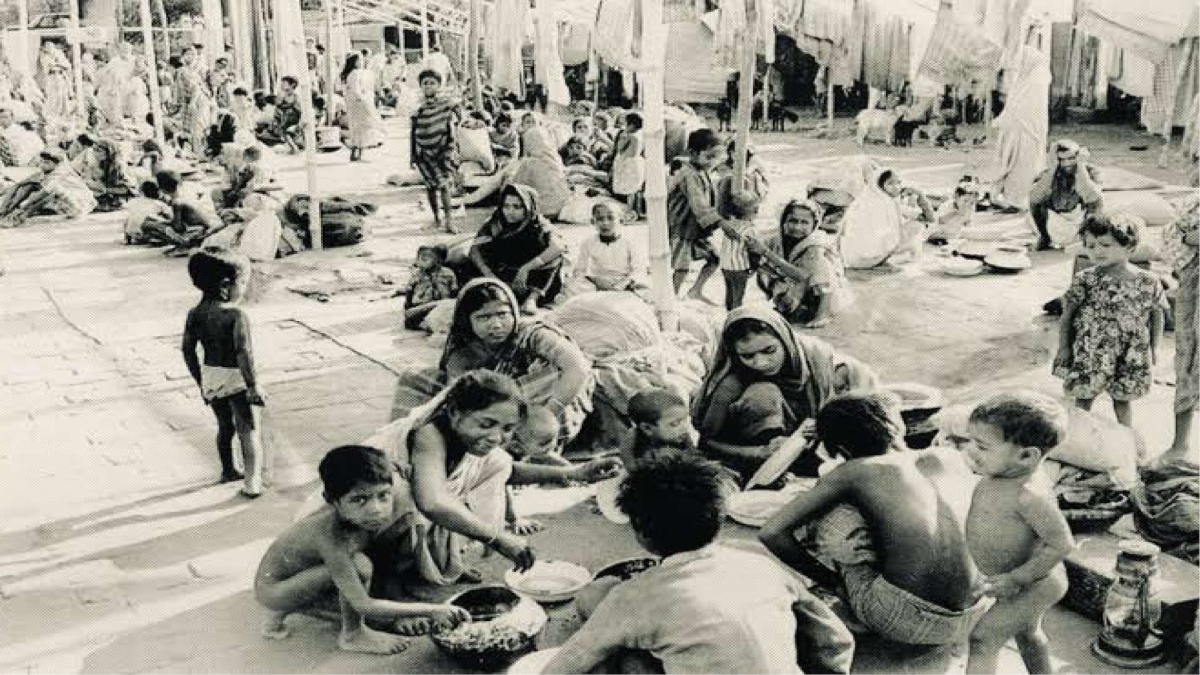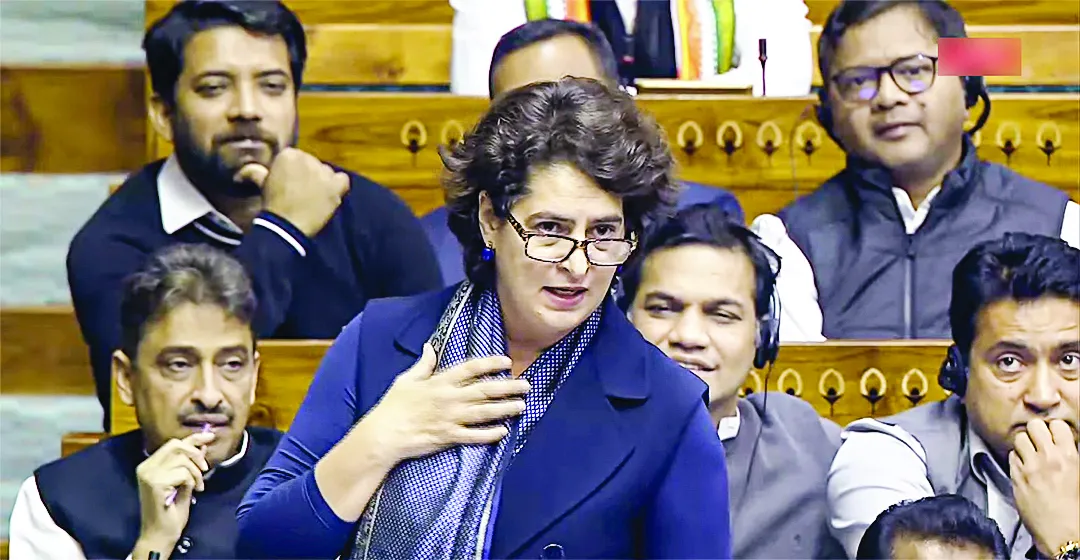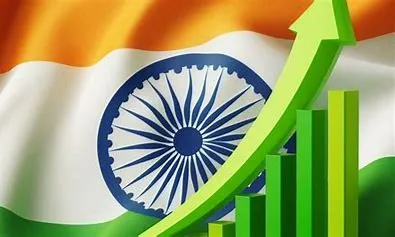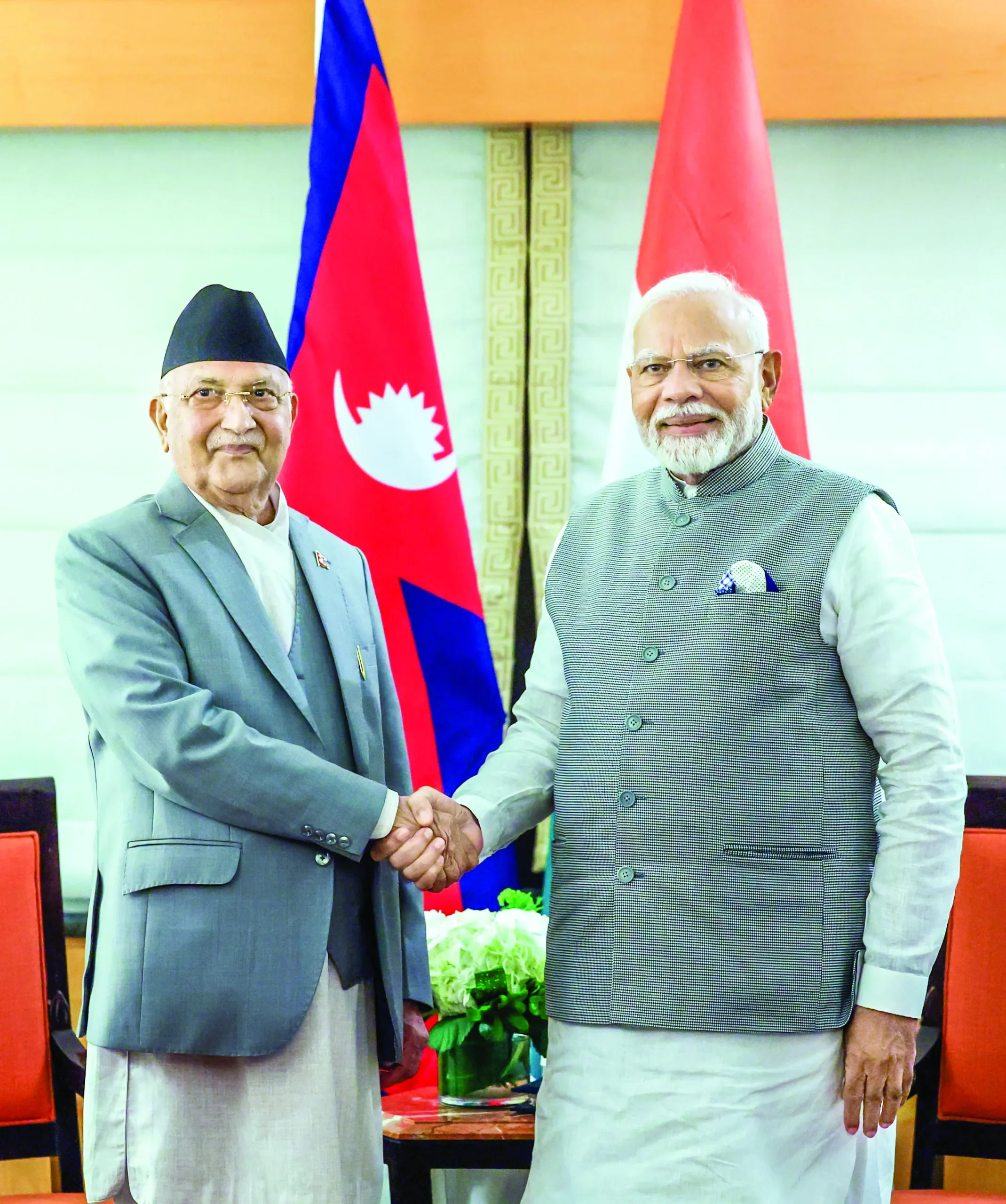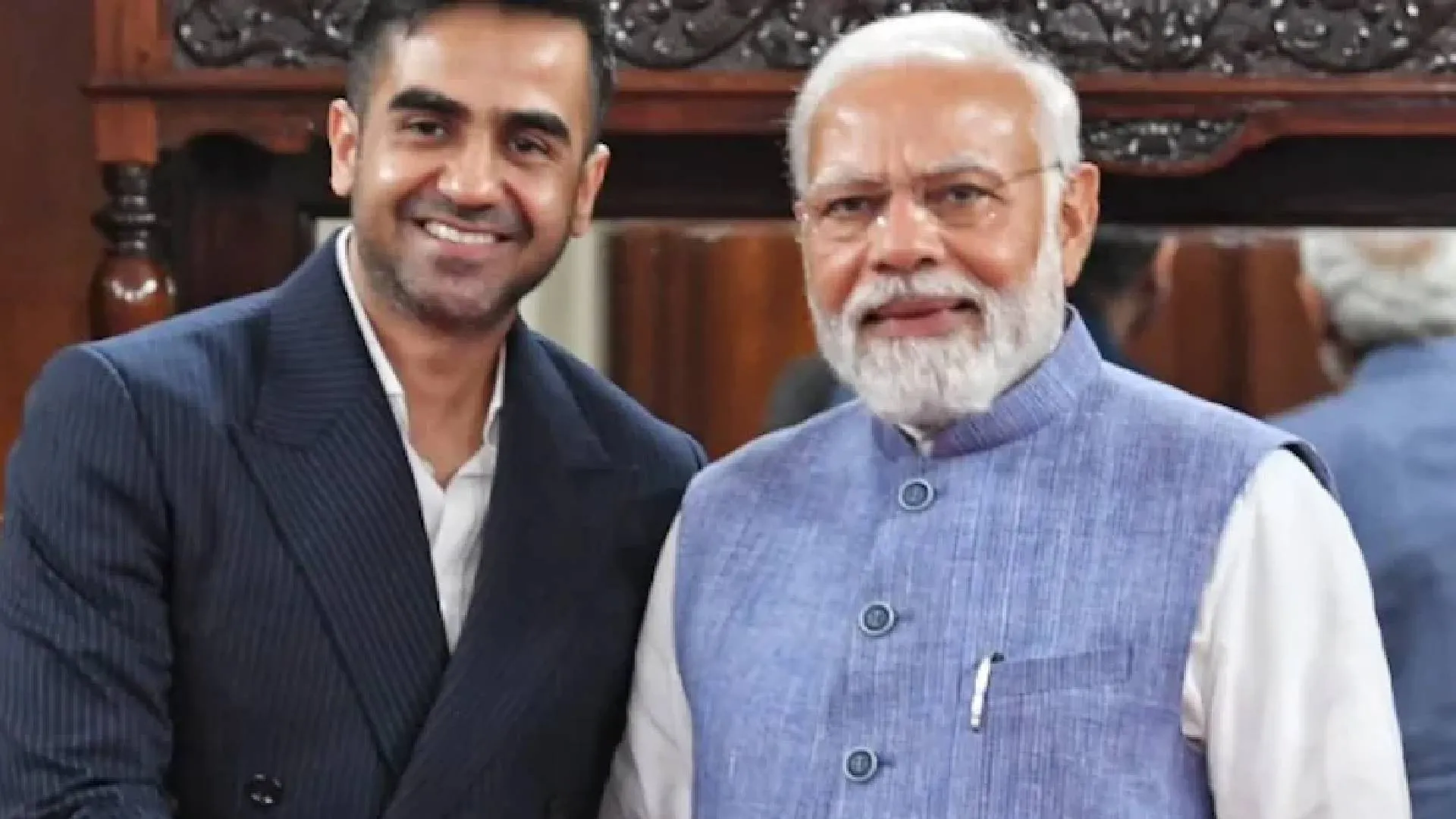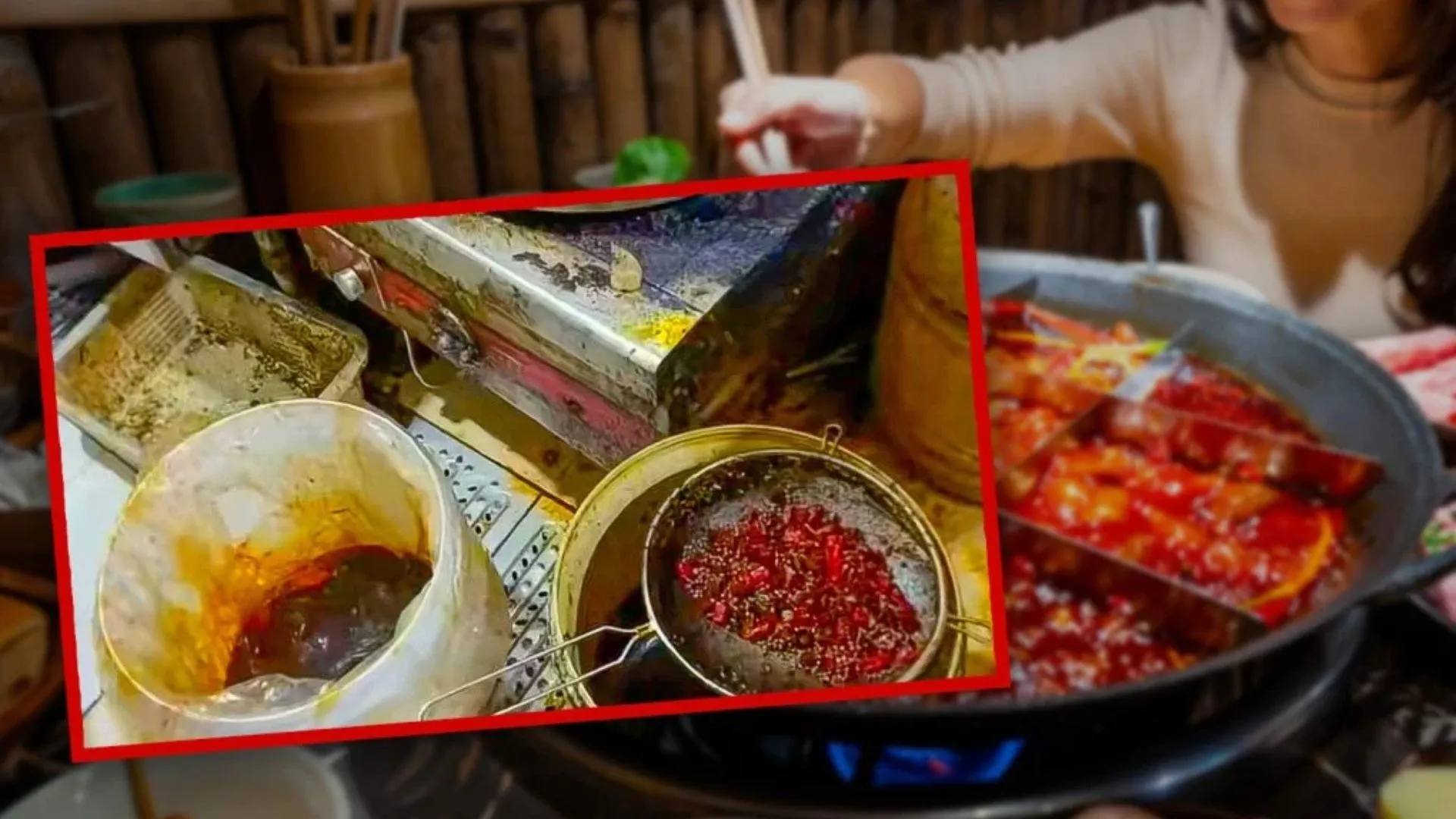The die was finally cast for India’s Partition with the simultaneous formal announcements by British Prime Minister Clement Attlee in the House of Commons and Lord Mountbatten on All India Radio on 3 June 1947 with the acceptance of the plan by Jawaharlal Nehru, Mohammed Ali Jinnah and Baldev Singh. Attlee made it a point to underscore that power was going to be transferred in accordance with the wishes of the Indian people. The statement made it clear that for the purpose of determining the religion-wise population of a district, 1941 Census figures were to be taken as authoritative.
The Partition of India was a traumatic event. Apart from destroying the unity of India, the two-nation theory created a divide between Muslims and Hindus which has not been, till date, easy to bridge.
But more important was its tremendous human cost—loss of about a million lives, uprooting of nearly eighteen million people and molestation and raping of seventy-five thousand or more of women.
The history of the migration of Hindus from East Pakistan after Partition is one the most tragic episodes of contemporary history. In East Bengal it was the Hindus who took the most active part in the freedom movement. The educated Hindus supplied the leadership as well as the following in the struggle for Independence. They have fought for Independence with total dedication and smilingly went to the gallows.
But this freedom for which they had staked everything came to them as a nightmare. They left East Pakistan when Partition became a fait accompli. They were deeply attached to their land and their hearths and homes. But they prized their self-respect and the honour of their women above everything else. When these two were violated by the Muslim League supporters, they would prefer death and annihilation to anything.
A few incidents will suffice to make one understand the gravity of the situation, immediately before and after the Partition, emanating out of the horrors let loose and persecution resorted to by the Muslim League supporters.
Sashibhusan Dey from Noakhali narrated, “We have to live in constant fear. The Muslims often threatened us that our young girls would have to marry Muslim young men. So I had to come over to West Bengal with my entire family. Father of three young girls, I did not dare stay on.”
Subimal Ghosh from Gopalganj said, “Pakistan is an Islamic state. Hindus have no place there”.
Sisir Dholi from Barisal said that pujas, marriages and other functions in the homes of the Bengali babus would give us our livelihood. But they have all migrated. “Today in East Bengal we are all without any occupation. To stay there would mean death to us,” he said.
My maternal uncle lived near Feni College, Noakhali. His family belonged to the middle class engaged both in service and business. In the face of the grave crisis after Partition he had to sell his property at a throwaway price and spend the remaining life in West Bengal miserably.
Another close friend’s family lived in Chaumohani, Noakhali. The family had to leave the native place in the aftermath of the Noakhali riot leaving everything behind, including my friend’s beautiful elder sister who was forcibly taken away by the Muslim League goons.
Instances can be multiplied to show that the bloodshed, loot, rape, burning, etc, which swept several parts of India, especially in Bengal and Punjab, both before and after Partition, were not a chance outbreak of communal strife but the total upshot of Jinnah’s two-nation theory, lust for power of some Congress leaders because of their advancing age, and the Mountbatten Plan.
The inevitable conclusion of the above analysis and the sequence of events associated with the Partition plan will be that Mountbatten and the British government which approved all his actions, step by step, must be held primarily responsible for the holocaust and the reign of terror and horror. One can’t but be left with a distinct feeling that all the glamour, pomp and royal splendour of the transfer of power ceremony and Nehru’s off-quoted “tryst with destiny” speech provided a camouflage for the mismanagement, on a monumental scale, of unduly rushed and badly executed plan for the transfer of power.
Prime Minister Narendra Modi’s historic announcement of observing “Partition Horrors Remembrance Day” will at last enable us to collectively and publicly pay tribute to these victims and also mourn them.
The writer is a veteran political leader and former president of BJP, West Bengal. The views expressed are personal.

